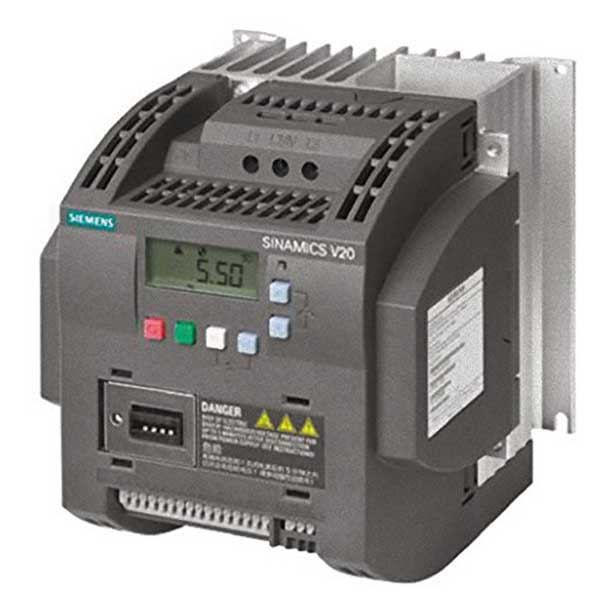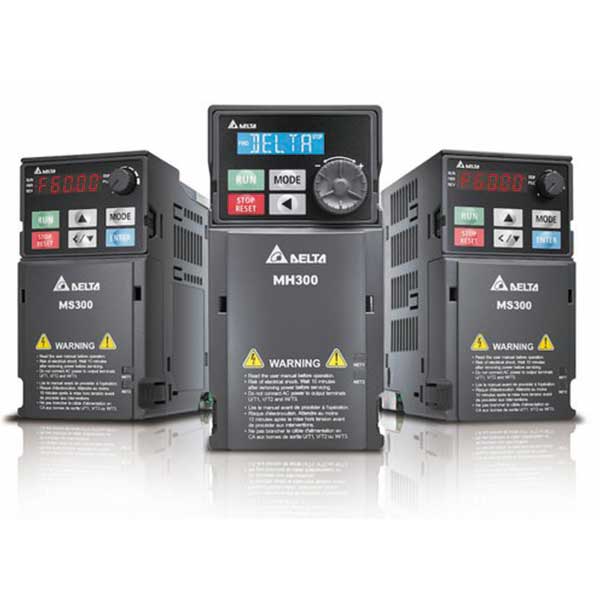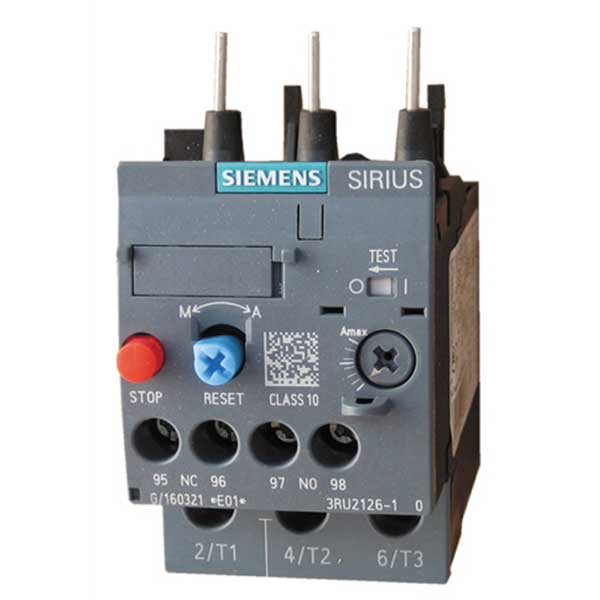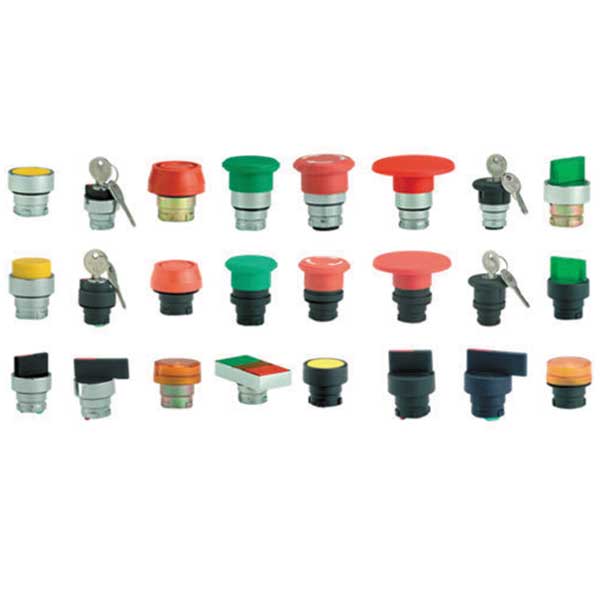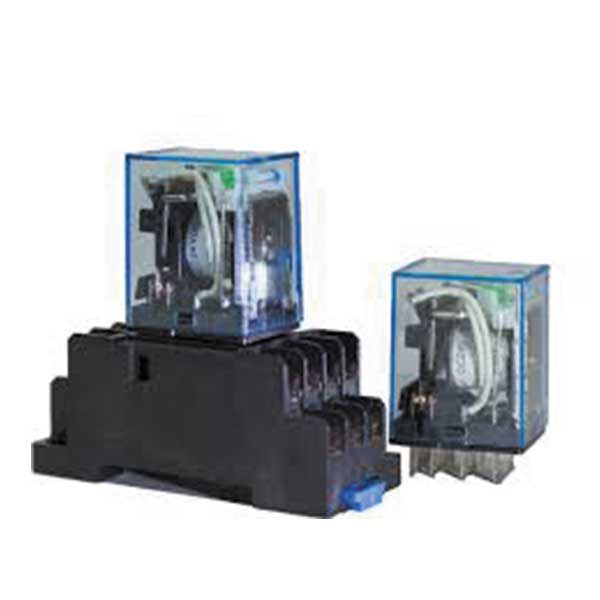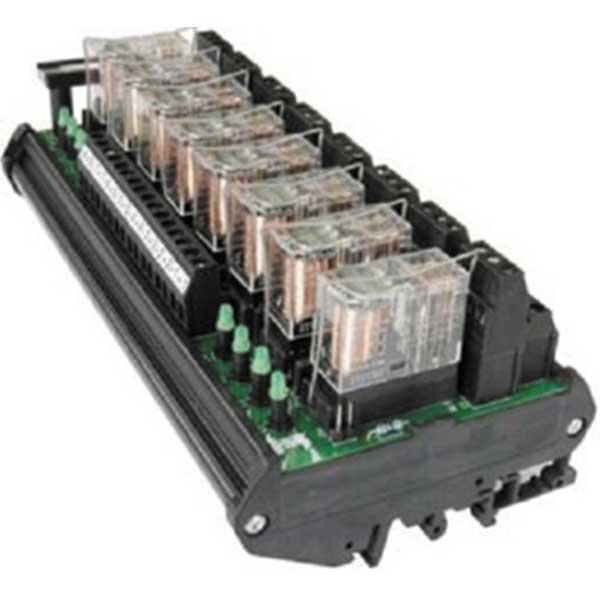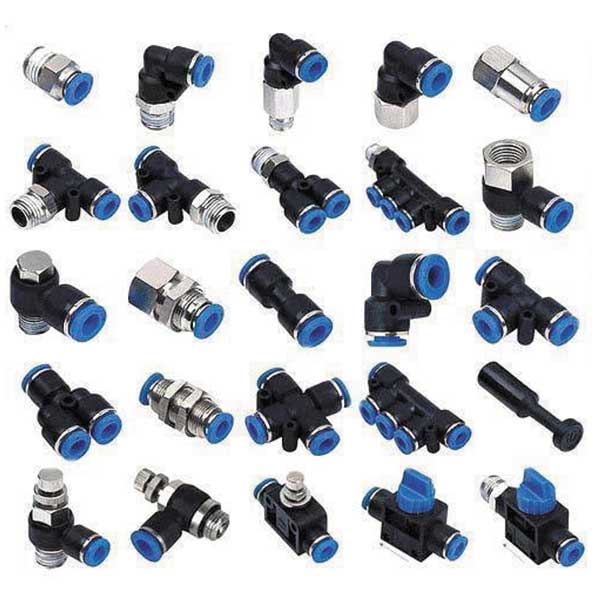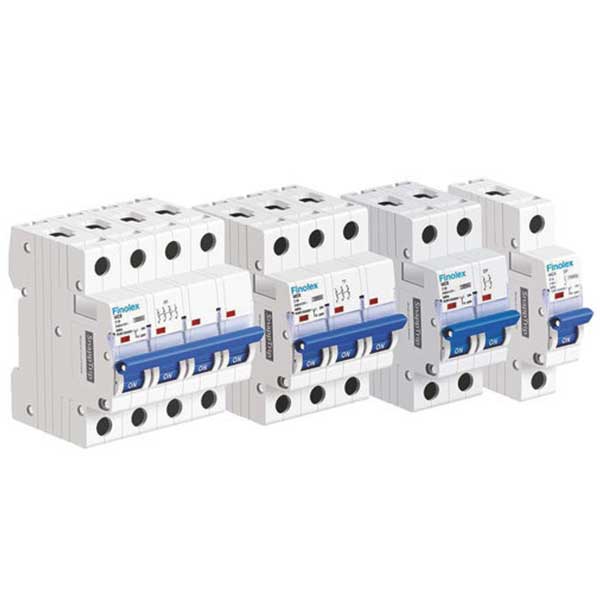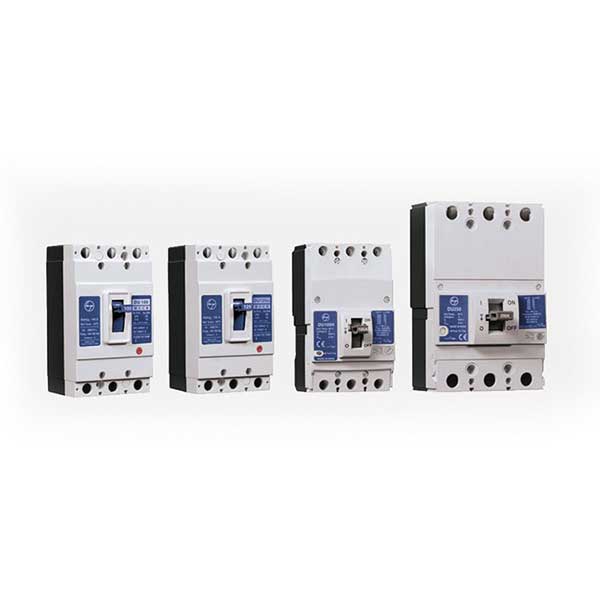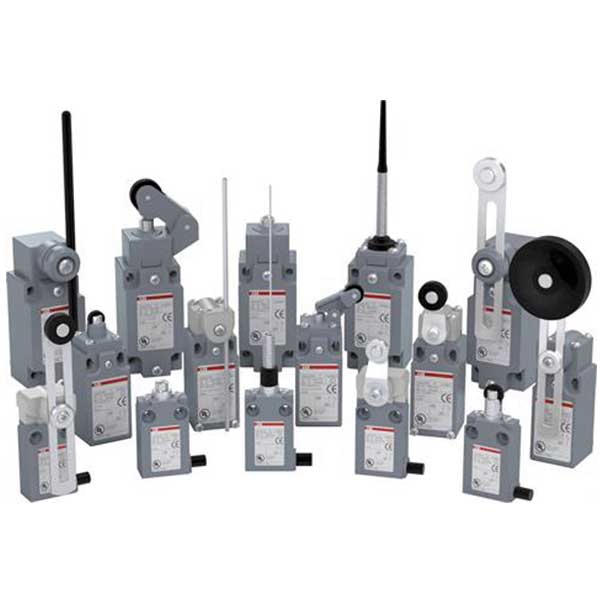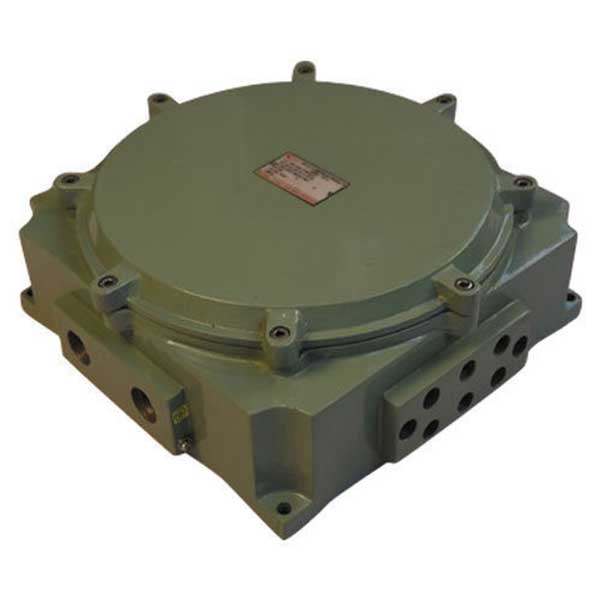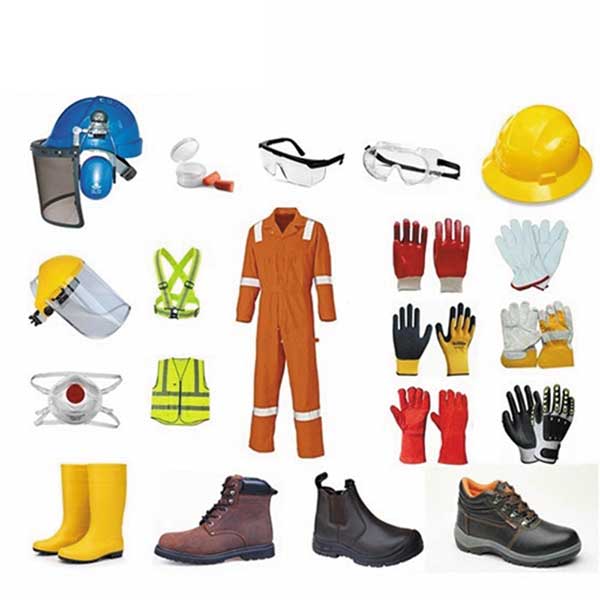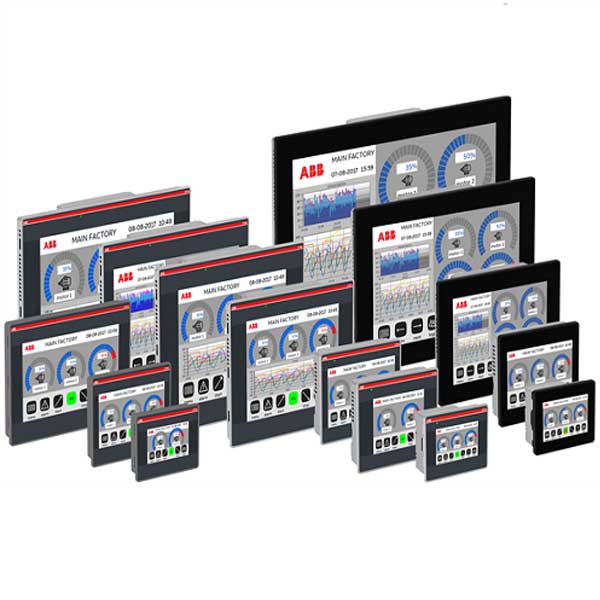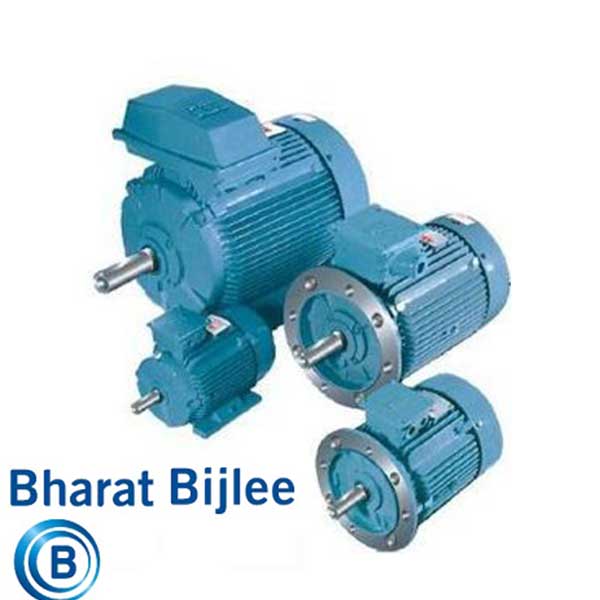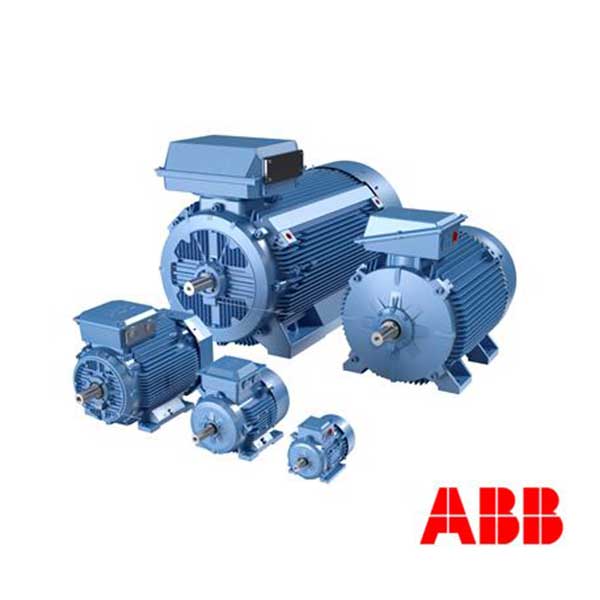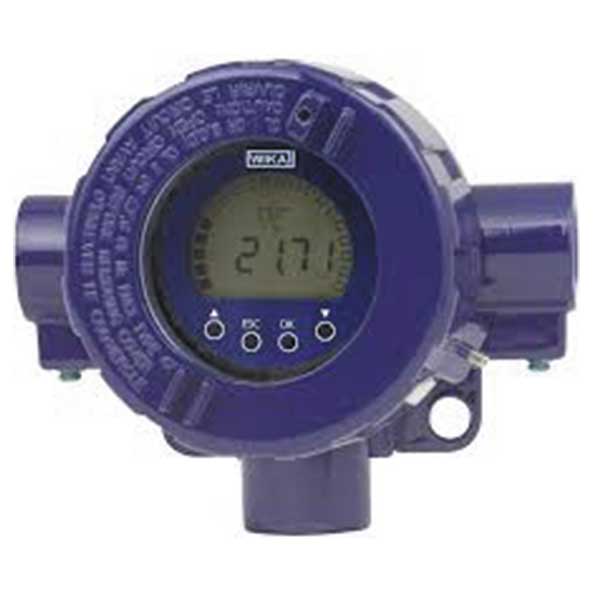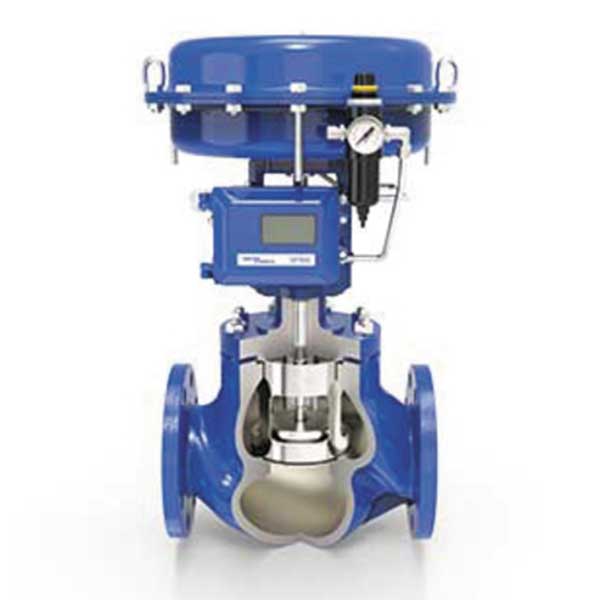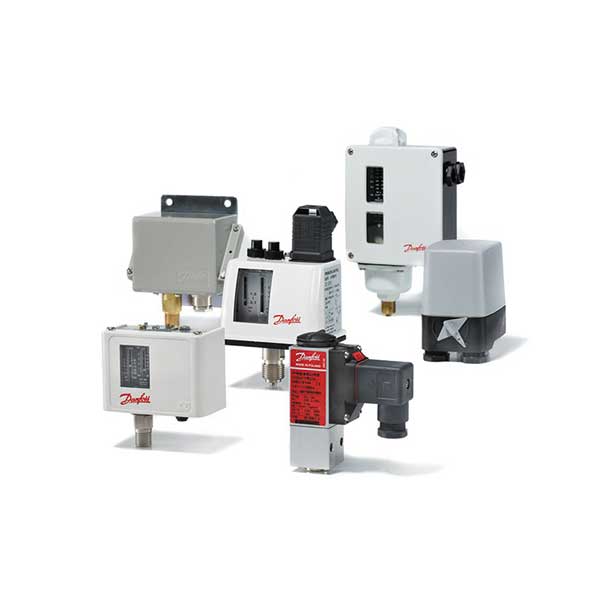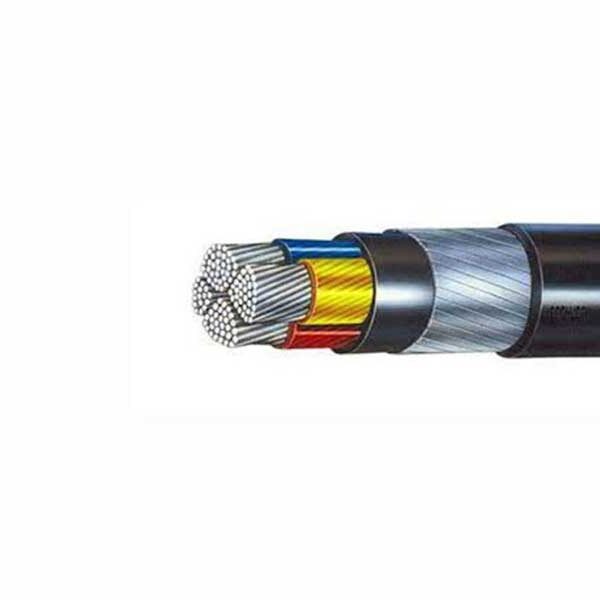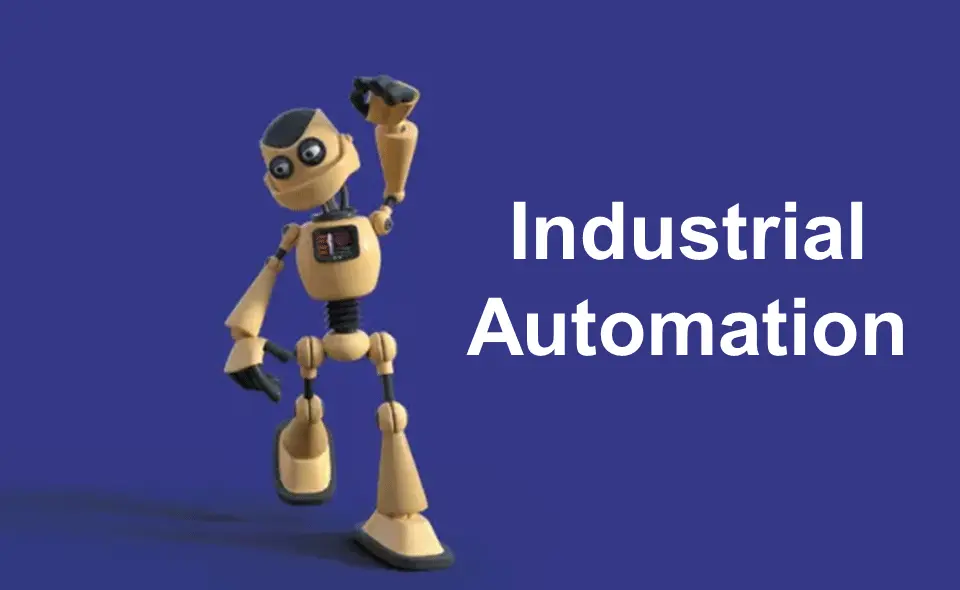
In the vast world of Industrial Manufacturing, the role of Control Systems and Engineers stands as a cornerstone for efficiency, precision, and progress. This article delves into the significance of Control Systems and the indispensable contribution of Engineers in steering the wheels of Industrial Manufacturing towards innovation and excellence.
“Precision in control ensures excellence in production.”
Understanding Control Systems
Control Systems are like the maestros directing an orchestra, orchestrating the harmonious functioning of machinery and processes in manufacturing plants. These systems ensure that every element in the production line dances to the rhythm, maintaining optimal performance and quality.
The Basics of Control Systems
At its core, a Control System manages and regulates the behavior of other devices or systems. It is the brain that monitors, compares, and adjusts the output of a system to meet the desired performance. Think of it as the conductor guiding the flow of a symphony.
Types of Control Systems
Control Systems can be categorized into two main types: open-loop and closed-loop systems. Open-loop systems operate without feedback, while closed-loop systems incorporate feedback for constant adjustments. The latter is more prevalent in Industrial Manufacturing, where precision is paramount.
The Role of Engineers in Industrial Manufacturing
Engineers are the unsung heroes in the Industrial Manufacturing realm. Their expertise shapes the landscape, ensuring that machinery operates seamlessly, meeting the demands of production targets and quality standards.
Responsibilities of Control Systems Engineers
Control Systems Engineers are the architects who design, implement, and maintain the control systems. Their tasks include programming, troubleshooting, and continuous optimization to keep the manufacturing process on the right track.
Integrating Control Systems into Manufacturing
In the grand tapestry of Industrial Manufacturing, Control Systems Engineers weave the threads of automation. They integrate control systems into the machinery, allowing for streamlined operations and reducing the margin for error.
Advancements in Control Systems Technology
As technology advances, so does the landscape of Control Systems in Industrial Manufacturing. Let’s explore some cutting-edge developments.
Industry 4.0 and Control Systems
Industry 4.0, the fourth industrial revolution, embraces smart technology and automation. Control Systems play a pivotal role in this era, connecting machines, processes, and humans in a digital ecosystem.
IoT and Control Systems Integration
The Internet of Things (IoT) has opened new frontiers for Control Systems. Engineers leverage IoT to create interconnected systems, enabling real-time monitoring and remote control, revolutionizing the way manufacturing plants operate.
Challenges Faced by Control Systems Engineers
While the role of Control Systems and Engineers is crucial, it’s not without challenges. Understanding these challenges provides insights into the complexities of the field.
Balancing Precision and Adaptability
Control Systems must strike a delicate balance between precision and adaptability. Engineers face the challenge of creating systems that can maintain accuracy while adapting to dynamic changes in production demands.
Cybersecurity Concerns
As control systems become more interconnected, the threat of cybersecurity breaches looms large. Engineers must implement robust security measures to safeguard sensitive data and prevent disruptions to the manufacturing process.
The Future Landscape
Looking ahead, the future of Control Systems and Engineers in Industrial Manufacturing holds exciting prospects. The integration of artificial intelligence, machine learning, and enhanced connectivity will further propel the industry towards unprecedented heights of efficiency and innovation.
Practical Application
Let’s imagine a practical scenario to understand the significance of Control Systems and Engineers in Industrial Manufacturing. Consider a car manufacturing plant where robots assemble vehicles. Control Systems, guided by Control Systems Engineers, ensure that each robotic arm precisely performs its task, from welding to painting. Without this meticulous control, errors could occur, leading to faulty cars and potential safety hazards. The practical application of Control Systems guarantees the production of high-quality vehicles, showcasing the crucial role they play in ensuring efficiency and safety in manufacturing processes.
Real-world Impact
In a real-world context, the impact of Control Systems and Engineers is evident in the aviation industry. Picture an aircraft relying on Control Systems to manage navigation, altitude, and communication. The precision provided by these systems, overseen by skilled Engineers, ensures safe flights, timely arrivals, and overall passenger security. Without these controls, the aviation landscape would be chaotic, emphasizing the real-world impact of Control Systems in preserving lives and maintaining the integrity of complex systems.
“Engineers are the architects of innovation, shaping the future of Industrial Manufacturing.”
Conclusion
In the intricate dance of Industrial Manufacturing, Control Systems and Engineers play a pivotal role, ensuring each step is executed with precision and finesse. As we navigate the evolving landscape of technology, the collaboration between human ingenuity and advanced control systems will continue to shape the destiny of Industrial Manufacturing. The symphony of progress plays on, led by the skilled hands of Control Systems Engineers, conducting a masterpiece of innovation in the realm of Industrial Manufacturing.


